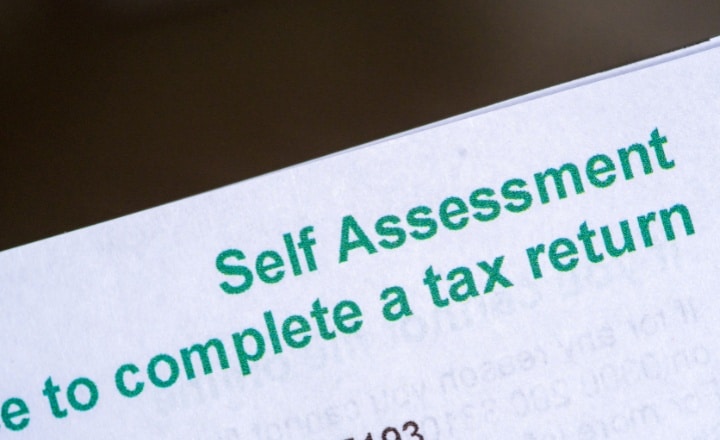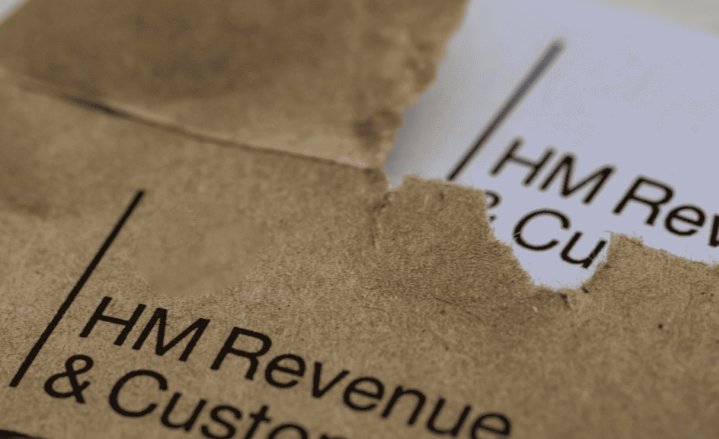Self-assessment: why tax returns are still taxing
Personal Tax expert Joyce Fleming delves into the archives to look at what came before self-assessment tax returns and asks if the current system has made life easier for tax payers and their accountants.
Those politely described as ‘seasoned’ tax advisers can remember a time before self-assessment tax returns. It wasn’t until 1995/96 that HRMC introduced the self-assessment process and the promise that ‘tax doesn’t have to be taxing’. Before that, tax liabilities were calculated solely by HMRC.
Fellow veterans will recall the lengthy process of appealing estimates before receiving accurate calculations. A practice which often led to payments being made years later; the good old days as some will see it but undoubtedly a convoluted and inefficient way of doing things. January became the stuff of nightmares for accountants and clients as we waited for accounts, dividends or bank interest to be finalised before returns could be submitted.
Self-Assessment Tax returns: making life simpler?
The introduction of self-assessment was designed to address two of the key problems with the old system: to help move away from the tradition of 11th-hour submissions in January and to make it simpler for individuals to complete their own tax returns.
While self-assessment has offered a lot of improvements, it hasn’t tackled these issues. Even in the digital age, submitting on or near the deadline is commonplace and many individuals will require the expertise of an accountant to make sense of a complex process.
The perennial seasonality of submitting tax returns
When the new tax year begins, most of the data needed to complete the self-assessment tax submission is not readily available. A few of the key examples include:
- P60 certificate: unavailable to employees until 31 May
- Form P11D: supplied to employees by 6 July
- Portfolio summaries from wealth managers: typically, available around July/August
- Company accounts for owner-managed businesses: typically, available around September/October.
Naturally, this pushes self-assessment later into the year. Of course, the more complex the individual’s tax affairs, the more taxing (pun fully intended) the experience of submitting an accurate self-assessment.

Combine that with the human tendency to put off difficult and uninteresting tasks until the last minute (“…the deadline is 31 January, so I’ll get all my info together at the start of January”) and we are nearly back at square one.
Self-assessment in 2024: the more things change, the more they stay the same
HMRC has had a turbulent few months. Decisions to cut back, withdraw and then reinstate telephone support for self-assessment tax enquiries have dominated the headlines. Support services are already overwhelmed and fundamentally, the system remains difficult to navigate.
Despite the move to online submissions, self-assessment remains tricky for individuals unfamiliar with tax regulations. Mistakes are common and deductions are often missed, leading to problems of under or overpayment of tax.
Without addressing those underlying issues, HMRC has continued to push individuals towards online support services, restricting access to already overwhelmed telephone customer support. Consequently, individuals have limited options if they encounter problems and face the prospect of hours waiting for the possibility of help.
Taking the ‘self’ out of Self-Assessment
HMRC have made attempts to make life simpler but in practice has created further uncertainty. For example, those not meeting the self-assessment criteria each year qualify for the newly created ‘Simple Self-Assessment’. This method, however, abandons the principles of self-assessment in favour of HMRC using existing data/past returns to calculate what they believe the tax liability to be (sound familiar?). The individual has 60 days to appeal or the amount is deemed to be correct and HMRC will expect payment.

It can take HMRC a considerable amount of time to issue these calculations and often will take more time for the individual to check and appeal than it would to complete a self-assessment tax return. It seems that in matters relating to tax, much like fashion, the old becomes ‘new’ again if you wait long enough.
What does the future hold for Self-Assessment tax returns?
What can we conclude? Firstly, self-assessment will be with us for a while. Secondly, the help of an experienced tax advisor remains essential for a large proportion of individuals qualifying for self-assessment (or equally those qualifying for Simple Self-Assessment).
The hope must be that HMRC will be able to work on improving and simplifying the self-assessment system to become more user-friendly. Couple that with a better balance of online and telephone support, and we might be moving in the right direction. In the interim, it is still worth talking to a tax adviser, regardless of how you report your income.
Baffled by Self-Assessment and fed up waiting on hold?
Consilium’s Personal Tax team are available and happy to speak to individuals about self-assessment tax, qualification thresholds and new developments like Simple Self-Assessment.
To arrange a confidential call or meeting, contact Joyce Fleming or learn more about our approach to Personal Tax.
Follow Consilium Chartered Accountants on LinkedIn, X / Twitter, Instagram and YouTube for news and more business insights.

